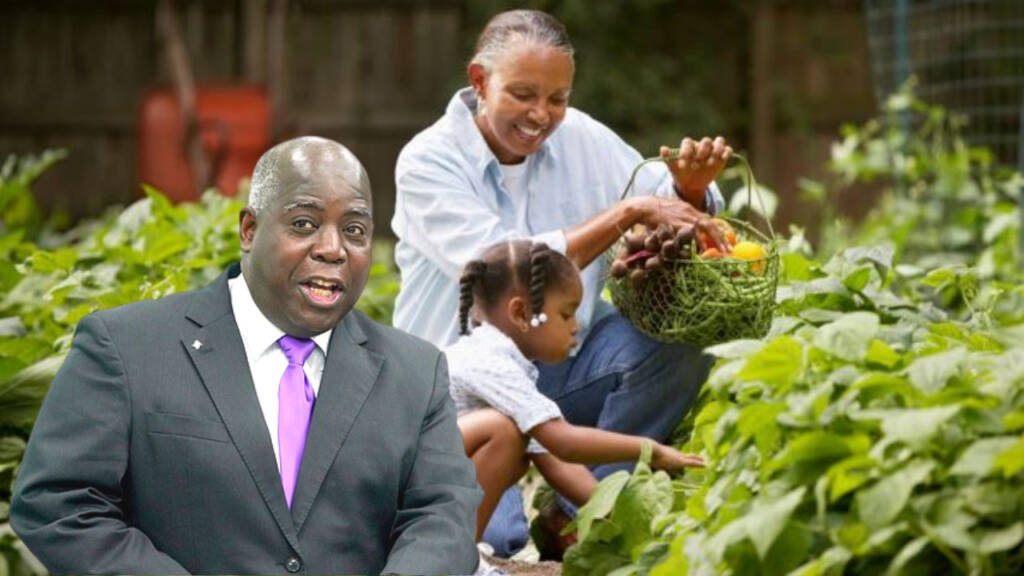‘Food’, ‘Food security’ and ‘Food insecurity’ are some of the terms that one listens to quite frequently. These terms are often the very basis of policy formation for countries. Food does indeed form an important part of our lives. The famous saying- ‘An army marches on its stomach’ (Which Means-You must eat properly if you want to perform tasks well.) says it all in the context of the ‘importance of food’.
It has, however, been unfortunate enough to see that a major chunk of mankind faces grave danger in the form of food insecurity. According to FAO, a person is food insecure when they lack regular access to enough safe and nutritious food for normal growth and development and active and healthy life. This may be due to the unavailability of food and/or lack of resources to obtain food. Food insecurity can be experienced at different levels of severity.
It is not a mere coincidence that this phenomenon called food insecurity is majorly prevalent in countries belonging to the Global South. One cannot deny the horrid effects of food insecurity, yet the countries belonging to the Global North turn a blind eye as they are busy filling their own coffers. It is indeed true that globalisation has blurred the economic borders and created one global village by integrating all economies into a marketplace. However, what one does not realise is that this might have negative effects as well, economic interdependence is often adversely affected even by remote events.
Read More: UAE just proposed St. Kitts and Nevis, and it said yes!
The Caribbean nations have also been deeply impacted by the Russo- Ukrainian war. In the wake of this ongoing war, these nations are facing food shortages, and food inflation among other economic hardships. The Bahamas, is one such country which is most exposed to severe food insecurity according to a report released by United Nations Economic Commission for Latin America and the Caribbean (ECLAC), the Food and Agriculture Organization (FAO) and the World Food Programme (WFP). The report noted that in 2021, moderate or severe food insecurity affected 40.6 percent of the regional population, which is far above the world average of 29.3 percent.
Rising food prices, and high food inflation among many other problems occur when the economy of a particular country is mainly dependent on imports. The combined food import bill for the 14 CARICOM (Caribbean Community) member countries increased from $2.08 billion in 2000 to $4.75 billion in 2018, pre-imposition of duties, levies, and taxes.
These figures represent more than 60% of total food consumption for almost all CARICOM members, with half of them importing more than 80% of the food they consume.
The economy of the Bahamas is primarily dependent on imports from western countries, for not only food but also fertilisers. The energy crisis resulting from the sanctions on Russia has resulted in increased prices of oil and gas, which in turn have increased the prices of fertilisers and cost of imports thus hurting the import-dependent countries very much.
Read More: Grenada: The land of thousands of spices and millions of lost opportunities
Most of the Caribbean countries including the Bahamas have tourism as their primary revenue-earning industry, which too got adversely affected during the Covid- 19 pandemic.
A multi-pronged approach is required for the Caribbean region including The Bahamas to carry out the requisite economic reforms in order to tread upon the path of economic independence. Grenada has recently come up with the idea of promoting a creative economy in order to inch closer to economic independence, thereby setting an example for other nations in the region to follow suit.
The Bahamas need to set its priorities right and must create a strategic plan to improve agricultural climate resilience through modernization, production efficiency, scale, and consistency. It should take steps towards diversifying its self-sufficient economic development. This does not mean that it should completely sever its ties with the west and put a full stop to imports, rather it must create a balance with an eventual reduction in imports and an increase in exports. Instead of cash crops, it is also necessary that food crops are also given importance as food insecurity is a danger that has long-lasting effects even on future generations. The pandemic-induced worldwide protectionism has brought to light the value of self-sufficiency in the contemporary age. It is time for the Caribbean countries to stop depending on the West and unite in the face of the escalating food crisis.
https://www.youtube.com/watch?v=ORTD03ColBc
